Data brokers are selling Aussie’s private information
Data broking is worth hundreds of billions of dollars a year globally and holds information on millions of ordinary Australians. See which companies are behind the secret deals.
Ayla Akyol lives in a family friendly city suburb, runs a successful beauty business, owns a Tesla and is a Muslim.
Data brokers will probably know all of this because they track her location and her keystrokes in real time, like they do every Australian.
They also know she is a mum. Last week Ms Akyol’s son Ziya, 4, started school. She posted a photo of him and her husband from the school grounds on her social media.
She then started seeing adverts pop up for after school maths tutoring. It happened to be with an organisation she attended as a child.
“It was really weird that it was somewhere I used to go, like there was a link,” Ms Akyol, 29, and the founder of Lash Boss Melbourne, said.
“It’s also really scary that the photos in social media posts are scanned for marketing purposes, especially when there’s a child in the photo.”
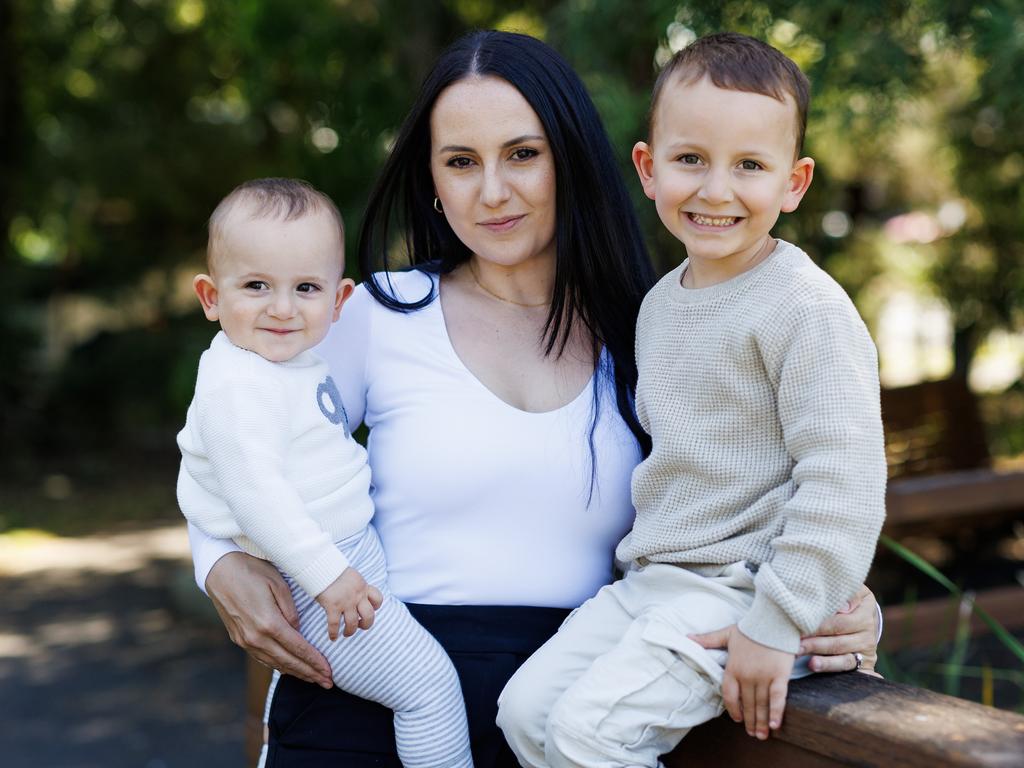
There are at least 650,000 characteristics data brokers look for when profiling. And, this information is extremely sought after, not just by marketers, but insurers and political parties looking to target voters.
It is legal for data brokers to trade in personal or deidentified information, but third parties often buy the data lists and merge them, leading to some people fearing real names might become attached to their information.
Rys Farthing, policy director at Reset Australia said data brokers create sophisticated profiles about people using information from a whole range of third parties, who are then selling it to other third parties.
Sometimes the inferences are wrong.
“Inferences about people’s spending power have been generated about them for years and years and that does harm them in that they lose access to various financial deals because they’re deemed a risk when they may not actually be a risk,” Ms Farthing said.
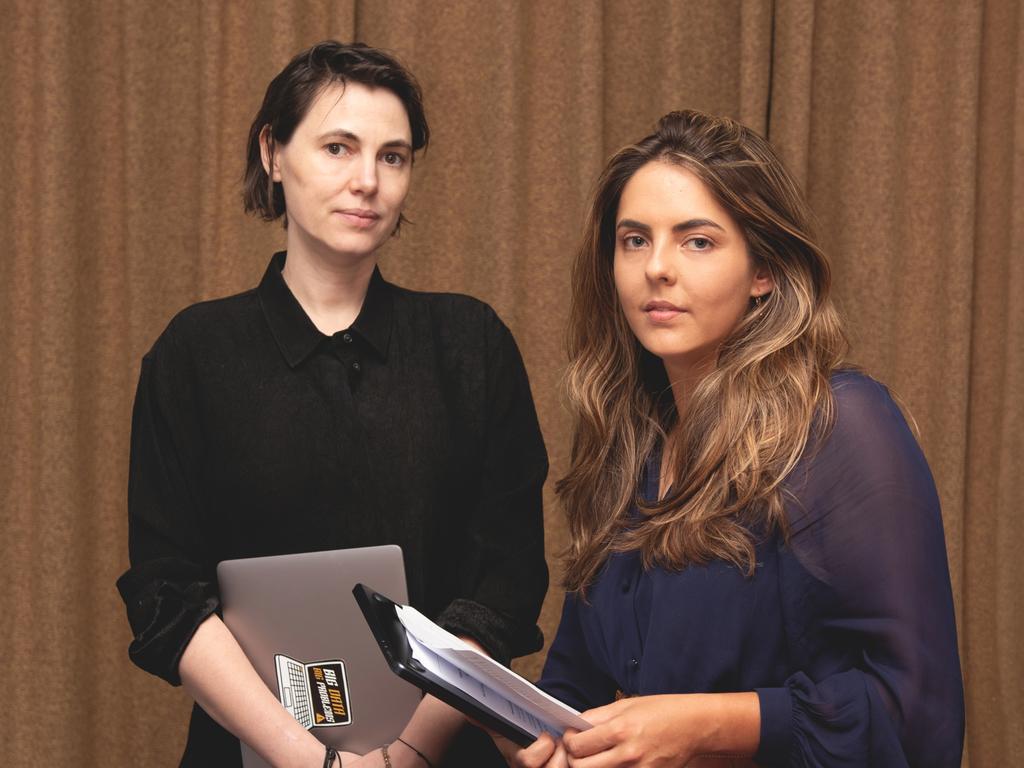
There are also concerns about how vulnerable people are being manipulated by targeted ads.
Foundation for Alcohol Research and Education (FARE) CEO Caterina Giorgi said alcohol companies use personal data to send targeted ads to people.
“Even data on people who are searching online for support services can be used to serve them more and more ads for alcohol,” Ms Giorgi said.
Roy Morgan’s Helix Personas profiles people under headings such as “young and platinum”. This group love their mobile devices and are “always on the hunt for the shiny, new and cool” and “making the rent”. Their income is around the $64,000 a year mark and they can often be found “living a conventional life centred around family”.
RDA Research has “geoSmart segments” that range from “prestige” to “suburban distress”.
Those who make it into the “prestige” profile are high earners who live in big houses in expensive suburbs like Dover Heights in Sydney’s east and enjoy “theatre, museums and art galleries, watching sport, and doing yoga/meditation.
Those in the “suburban distress” category are low earners living in the outer suburbs who “tend to spend their money on cigarettes, rent, frozen meals, and infant care”.
Social media content creator Mei Yap, from Sydney who has two young daughters, said she loved targeted advertising on a personal level, and also used it for her business, as a social media content creator for @mei_yap with a following of 41k.
“I’ve experimented with turning targeted ads off on Facebook and got adverts for fancy sports cars and aged care, which were totally irrelevant,” Ms Yap said.

However, she said her mother in her 50s was being targeted by User Generated Content ads, which are designed to look like genuine reviews of products, but are actually adverts using actors.
She said her mum bought a $400 light skin device, which can be bought elsewhere for $5.
The Privacy Act Review Report said data brokers are allowed to trade in personal or deidentified information, but highlighted concerns about the “ability for deidentified data to be accurately re-identified”.
A spokesperson for the Attorney-General, Mark Dreyfus, said many Australians would be unaware their personal data was being harvested.
“The sharing and sale of such personal information can also present privacy risks and places Australians at greater risk to data breaches,” the spokesperson said.
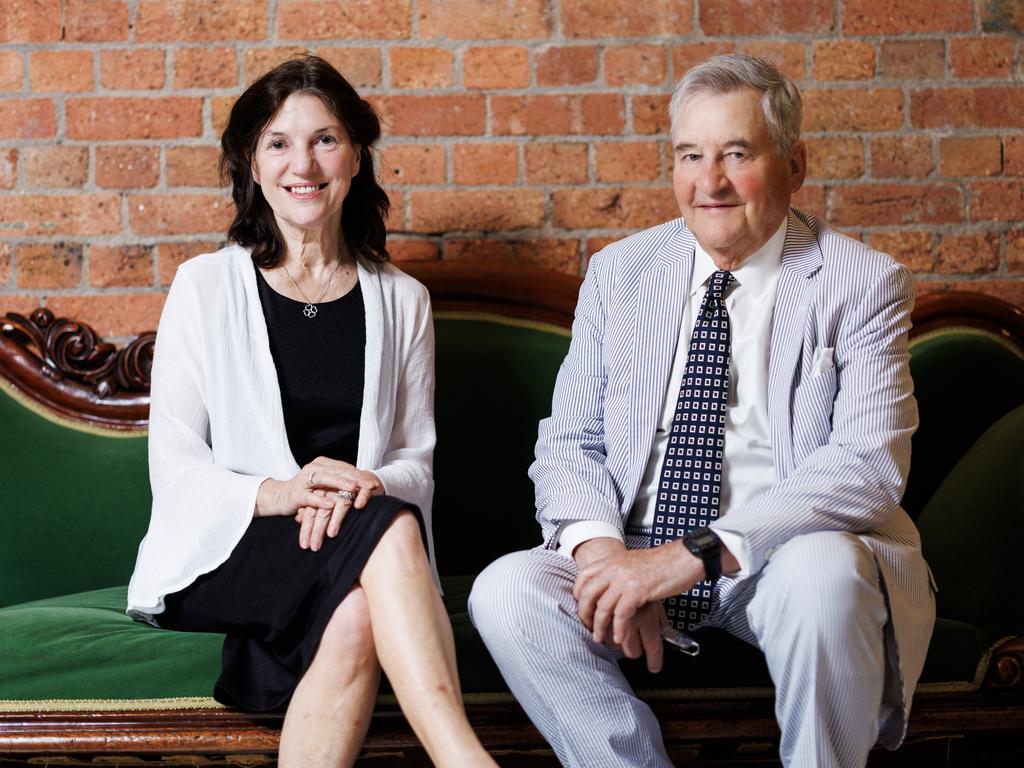
Both Roy Morgan and RDA said their market segments were based on statistical information, not data from individual people.
“It’s totally ethical,” Roy Morgan’s chief executive, Michele Levine, said.
“Unlike Facebook or any of these things, it’s not any particular individual.”
RDA’s technical director, Robert Dommett, said his profiling data was “parametric, modelled estimates with no connection back to individuals”.
“We don’t collect or sell personal data,” he said.
Other companies do collect personal information, but claim to anonymise it.
HYP claims it indexes its data against more than 150m devices and more than 1000 apps, while Smrtr claims it has data covering 2bn financial transactions, 5m car purchases and 8m properties “with information on their location, size and value”.
Neither responded to requests for comment.
No one has been able to put a figure on how much your personal data is worth to these online players, but Meta, which owns Facebook, Instagram and What’s App, earned US$131.95 billion from ad revenue in 2023.
If you think your movements haven’t been tracked, think again. It’s completely legal.
One of the biggest data collectors Experian boasts it has information on 99 per cent of Australian households.
Ms Akyol said even her car syncs with her phone now and shares her location.
“Technology means everyone is being watched,” she said.
TOP AUSSIE DATA BROKERS REVEALED
Data broking is worth hundreds of billions of dollars a year globally and holds information on millions of ordinary Australians.
But the companies tracking our interests, purchases and daily lives remain largely unknown. Here are some of the key players.
THE AUSSIES
HYP
Sydney data broking company owned and run by Guoyou Chen and Jason San Diego, who also run Pathzz, a business that sells mobile phone location data. HYP’s products also include location data that tracks visitors to schools and unis, as well as profiles including potentially vulnerable categories such as “under 20s” and “lone persons”.
ROY MORGAN
Run by long-time pollster and well-known Melbourne business identity Gary Morgan, who has run for city mayor three times, and his chief executive, Michele Levine. Company accounts show it reaped $6m in revenue in 2022 from its profiling business, Helix Personas, which divides the population up into categories based on their interests, finances and family situation. Roy Morgan insists the personas are based on statistical data, not the personal information of real people.
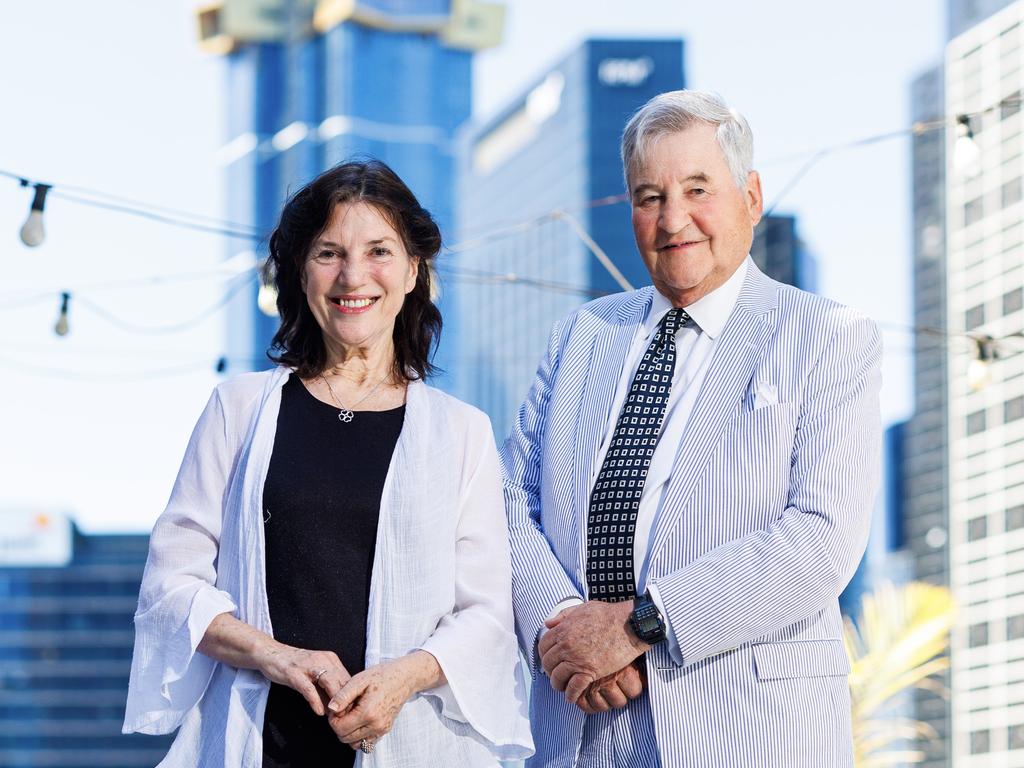
RDA RESEARCH
Founded by Sydney businessman Robert Dommett in 1987, RDA also claims that its market segments – which track information including ethnicity and political views, come from “synthetic people”, not real ones. Mr Dommett is treasurer of the CG Jung Society of Sydney and in 2020 gave a talk to it in which he said big data companies such as Google profit by “selling access to the real-time flow of people’s daily lives”.
FINITY
Run by veteran actuary Scott Collings, who is also an owner of the business, Finity offers products including Defin’d, which its promises “provides rich information on each household in Australia”, as well as holding a trove of insurance claims data. Mr Collings says Finity is not a data broker and Defin’d is actually a “simulated dataset” based on Bureau of Statistics and survey information that can’t be used to identify real individuals. It had revenue last year of $74.9m and made a profit of $6.7m – as well as paying out $10.5m in dividends to shareholders including Mr Collings.
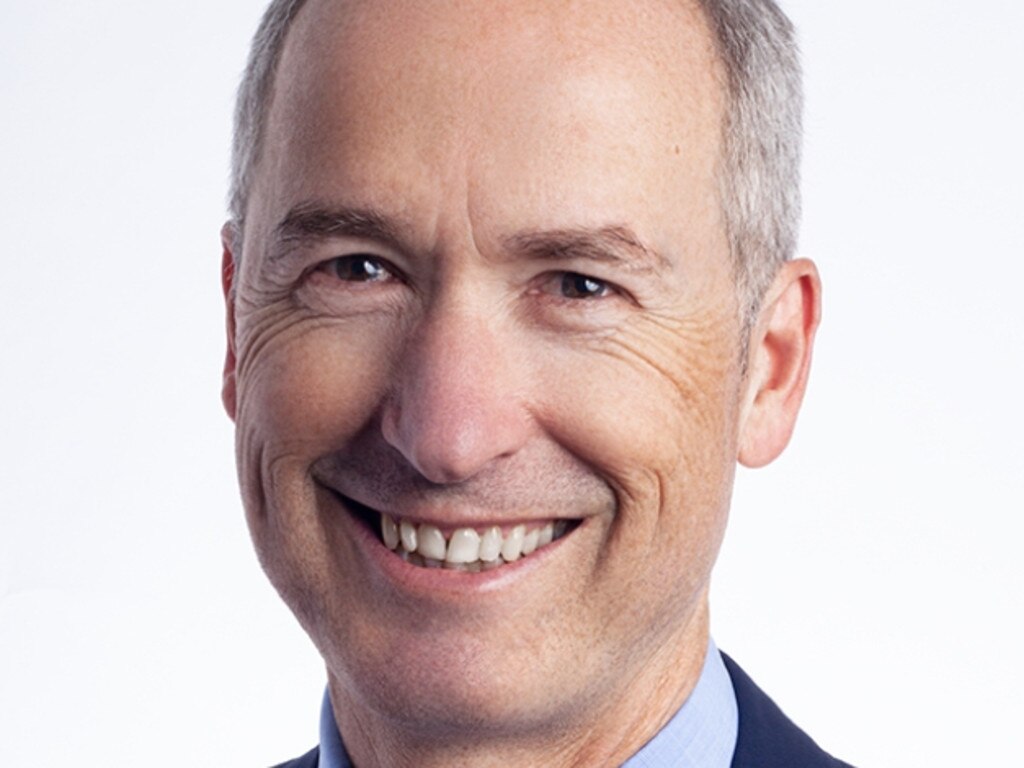
SMRTR
Founded by marketer Georgie Brooke and chief technology officer Boris Guennewig. Runs a “data universe” that holds information on 40bn mobile phones – including their movements – as well as 5m car sales and 8m properties. The data is based on real people’s information but the company says it is anonymised so that it “cannot identify specific individuals”. Customers include Stockland and Ten. “Smrtr stopped holding data related to financial transactions and mobile movements quite some time ago,” Dr Guennewig said.
THE OVERSEAS PLAYERS
LIFESIGHT
Singapore-based company with a Sydney office that claims to have a database of between 14-m and 16m unique devices in Australia. Tracks extremely personal data including lists of “hospital visitors”.

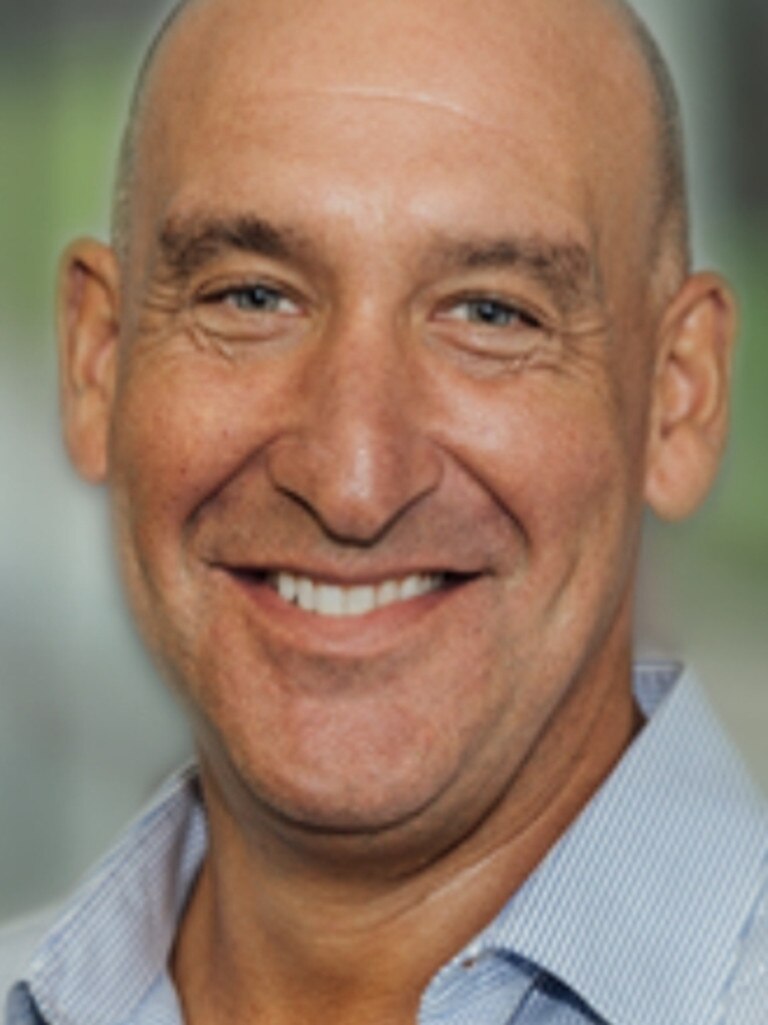
LOTAME
US data broker with an office in Sydney that sells information about Australians in categories including “poor credit”, weight loss, dating and alcohol consumption.
EXPERIAN
Multinational data giant, best known as a credit-rating agency, that holds personal information about billions of people around the world. Claims it has data on 99 per cent of Australian households – but also told an inquiry last year that “much of” its data was actually modelling, not real people.
MOBILEWALLA
Advertises it has location data – including mobile phone IDs – from “2.2 billion unique devices across 40 different countries”. Segments targeted include teenage boys and girls, young mums and low income people.
More Coverage
Originally published as Data brokers are selling Aussie’s private information




